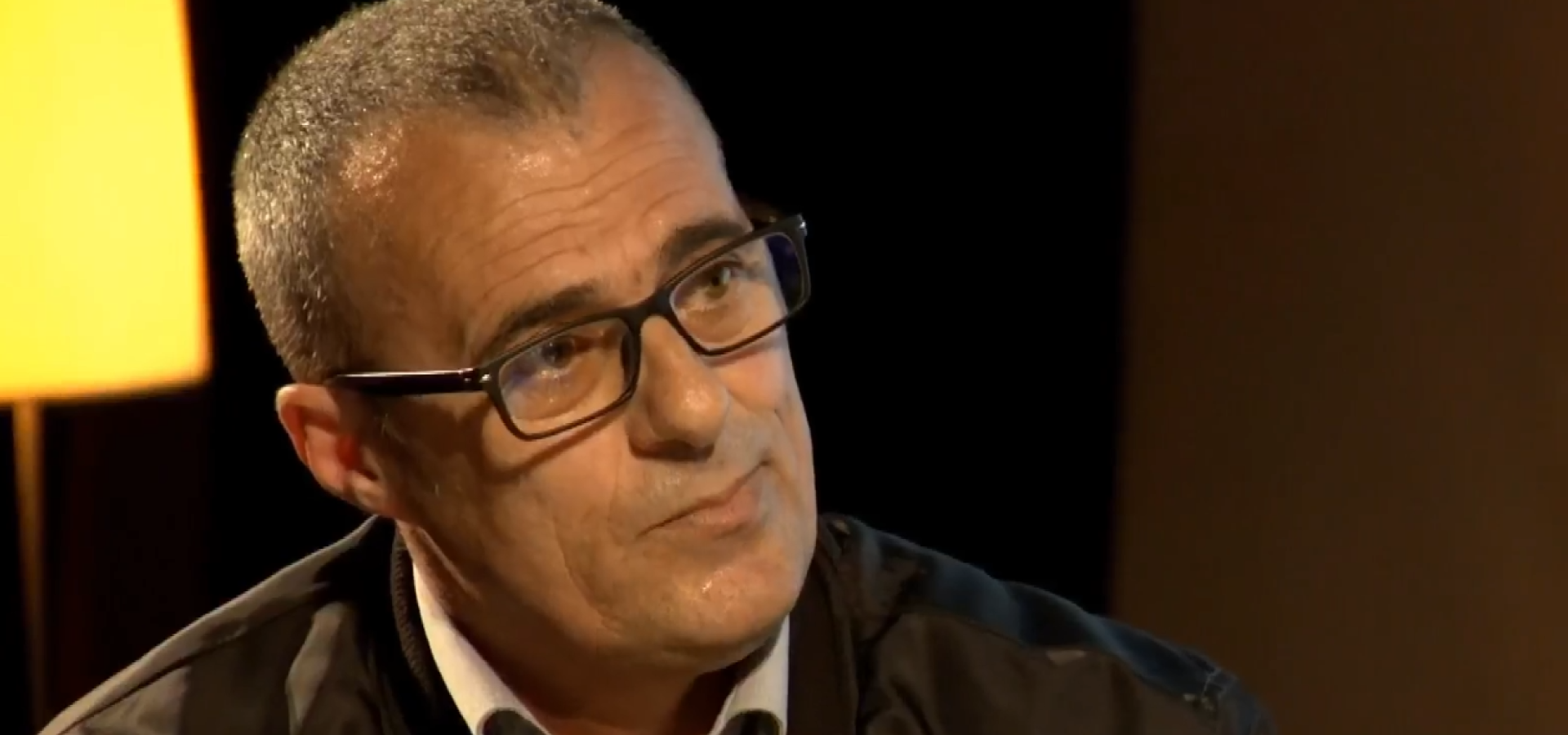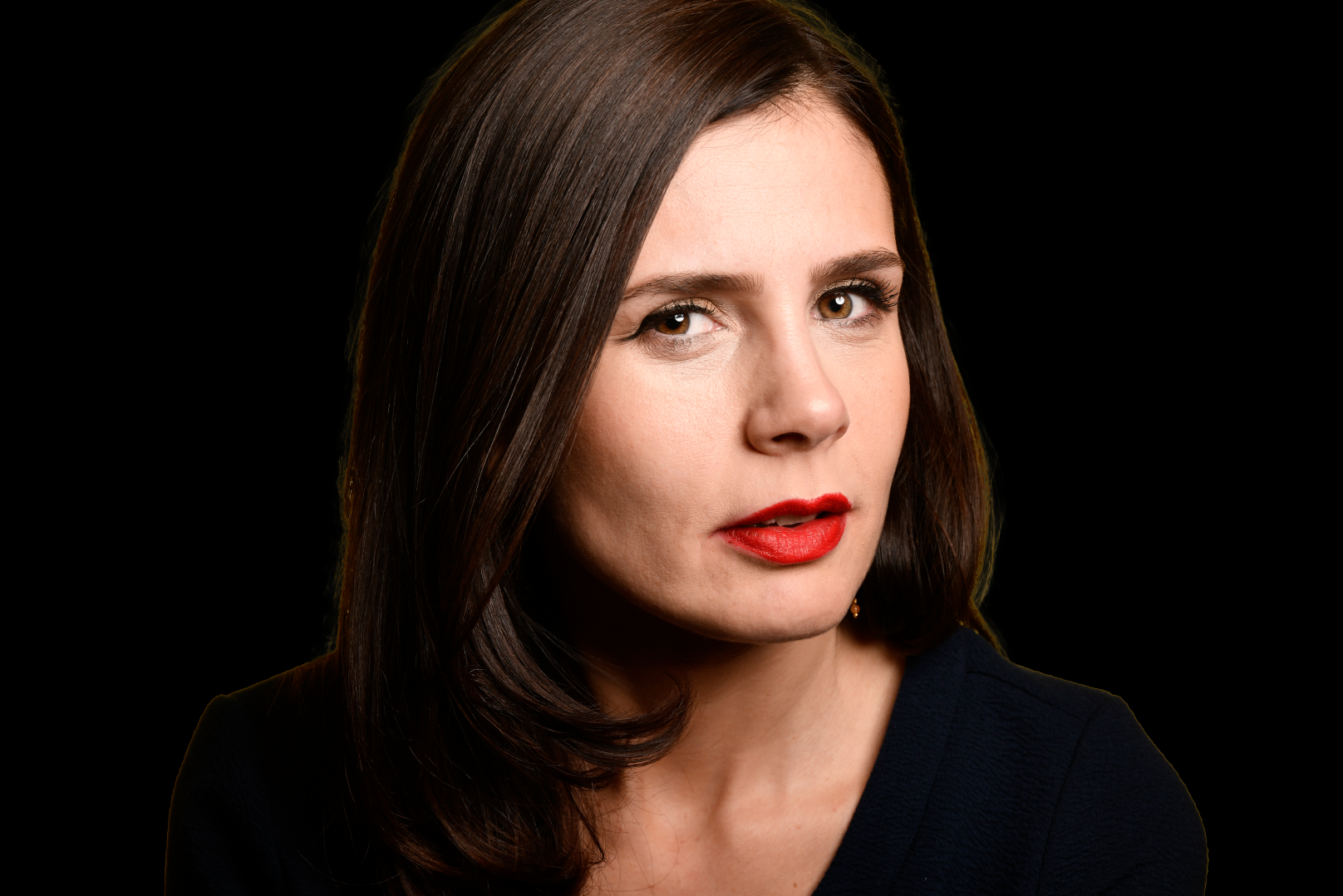
‘The shame is not ours’
Ramadan Nishori shares his story as a survivor of sexual violence during the war in Kosovo.
“This thing that happened to you — you must never tell anyone about it,” the Serbian police later told him.
Family support was crucial in helping him build a new sense of himself.
The true extent of sexual violence perpetrated against men and boys during the 1998-1999 war in Kosovo remains unclear.

Dafina Halili
Dafina Halili is a senior journalist at K2.0, covering mainly human rights and social justice issues. Dafina has a master’s degree in diversity and the media from the University of Westminster in London, U.K..
This story was originally written in Albanian.